Cooking Uses
In India ,mustard seeds are frequently used in tempering process . The flavor of mustard seeds is enhanced when they are roasted or crushed in oil . They are a fundamental necessity for curries and sabji because of their nutty flavor and distinctive aroma .
Medicinal Uses
This tiny wonder plant is rich in protein, fibre, vitamin C and B-complex. While there are many health benefits, it is popularly known to relieve muscular pains and respiratory disorders. Some experts have shown its use in treating cancer and diabetes.
Health Benefits
Mustard seeds, also known as rai, are small seeds derived from various mustard plants. They have been used for their medicinal properties for thousands of years. Here are some health benefits of mustard seeds:
• Rich in Nutrient – Mustard seeds are a good source of vitamins (A, C, and K) and minerals such as calcium, magnesium, potassium, and iron.
• Anti-inflammatory Properties – Mustard seeds contain selenium and magnesium, which have anti-inflammatory effects, helping reduce the severity of conditions such as asthma, arthritis, and certain skin conditions.
• Antioxidant Benefits – The seeds are rich in antioxidants, including flavonoids, carotenoids, and vitamin C, which help protect cells from oxidative stress and reduce the risk of chronic diseases.
• Digestive Health – Mustard seeds stimulate the production of digestive juices, which can enhance digestion and improve appetite. They also contain dietary fiber that aids in digestion and prevents constipation.
• Cardiovascular Health – The presence of omega-3 fatty acids in mustard seeds helps reduce the risk of heart diseases by lowering cholesterol levels and promoting heart health.
• Cancer Prevention – Compounds like glucosinolates and myrosinase in mustard seeds have been shown to have anti-cancer properties. They help inhibit the growth of cancer cells and prevent the development of cancer.
Safety and Precautions
While mustard seeds (rai) offer numerous health benefits, it’s important to be aware of potential safety concerns and precautions to ensure they are consumed safely –
• Allergic Reactions – Some individuals may be allergic to mustard seeds. Symptoms of an allergic reaction can include skin rashes, itching, difficulty breathing, and swelling. If you experience any of these symptoms, seek medical attention immediately.
Precautions – Mustard seeds (rai) are commonly used in cooking for their flavor and potential health benefits. However, there are some precautions to keep in mind when consuming or using mustard seeds.

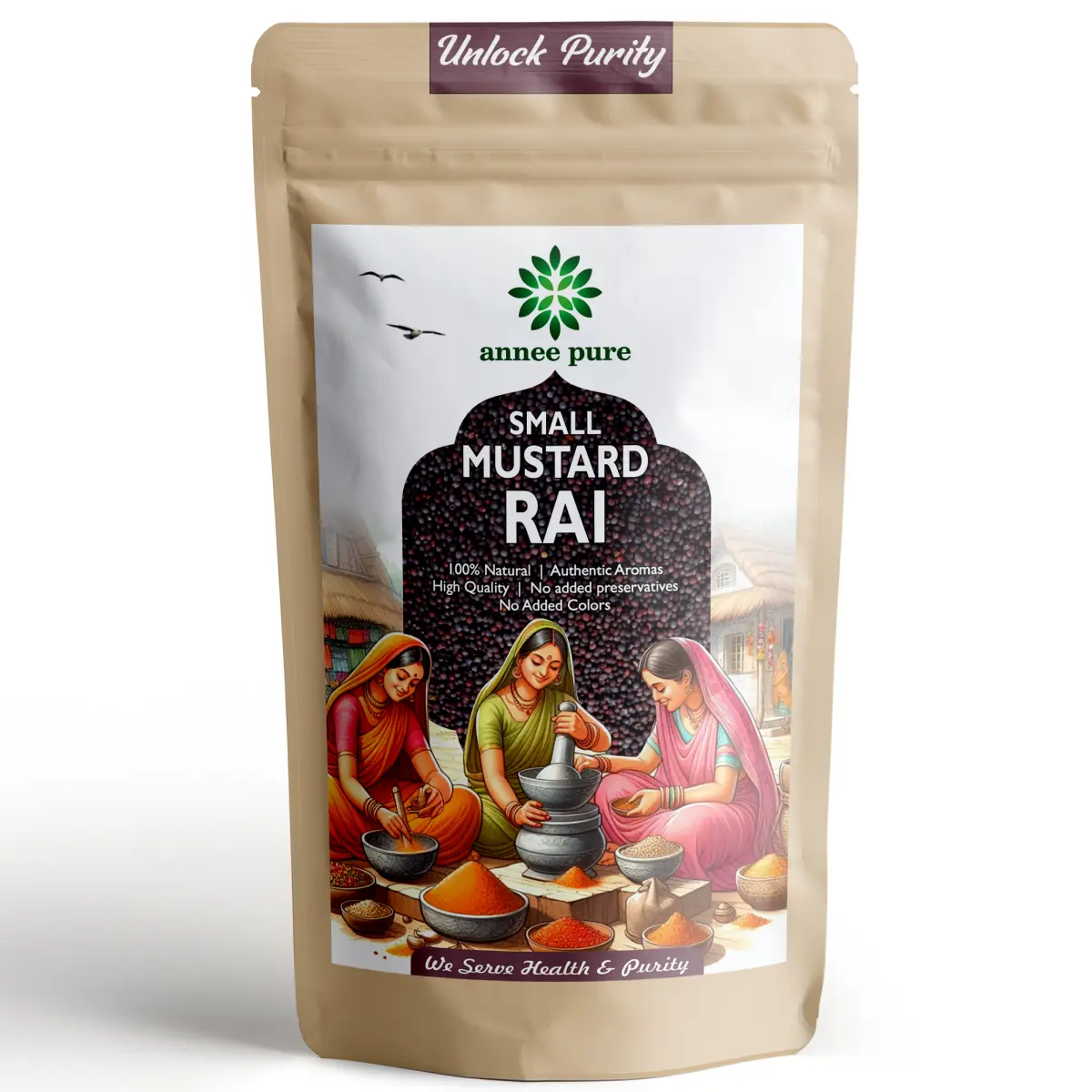
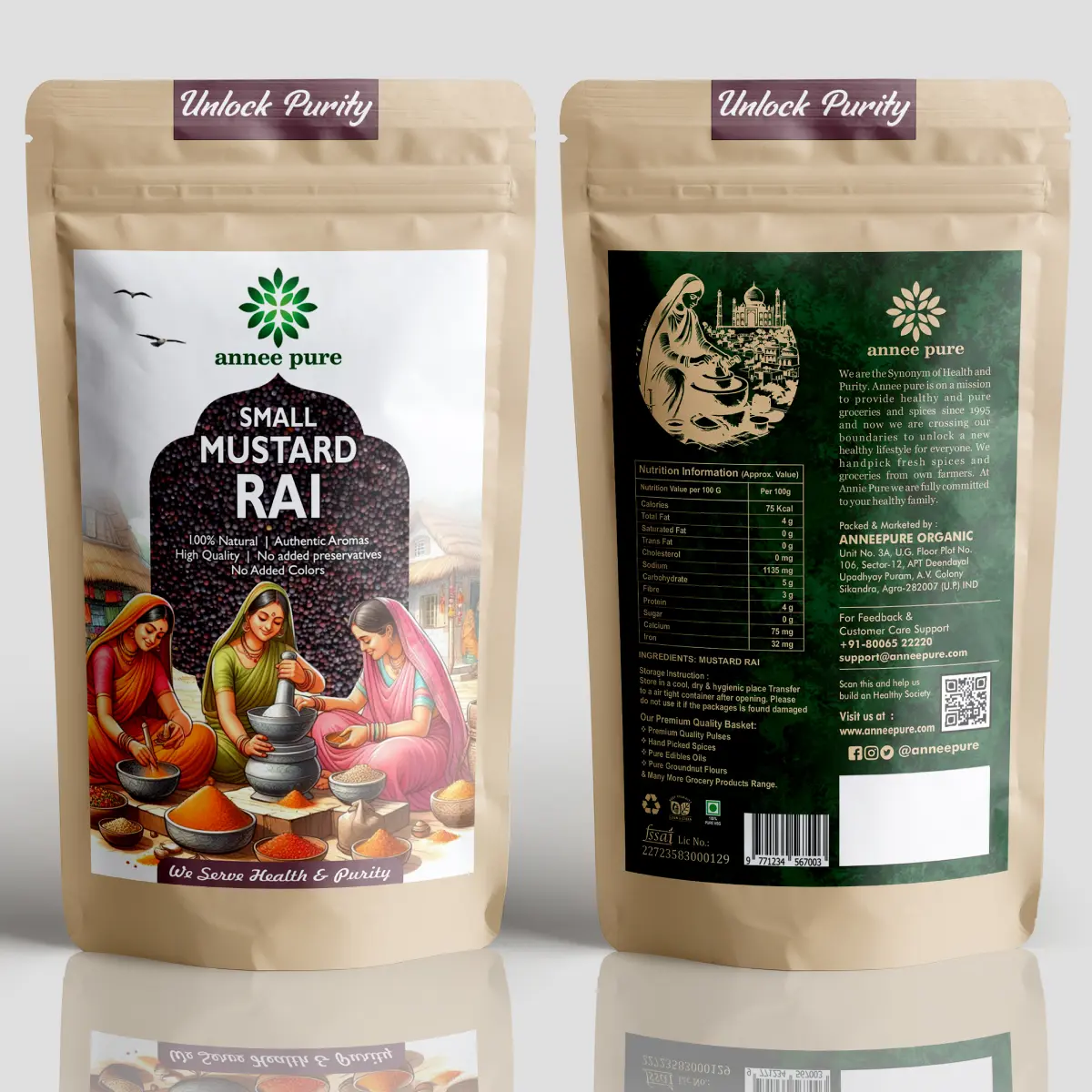



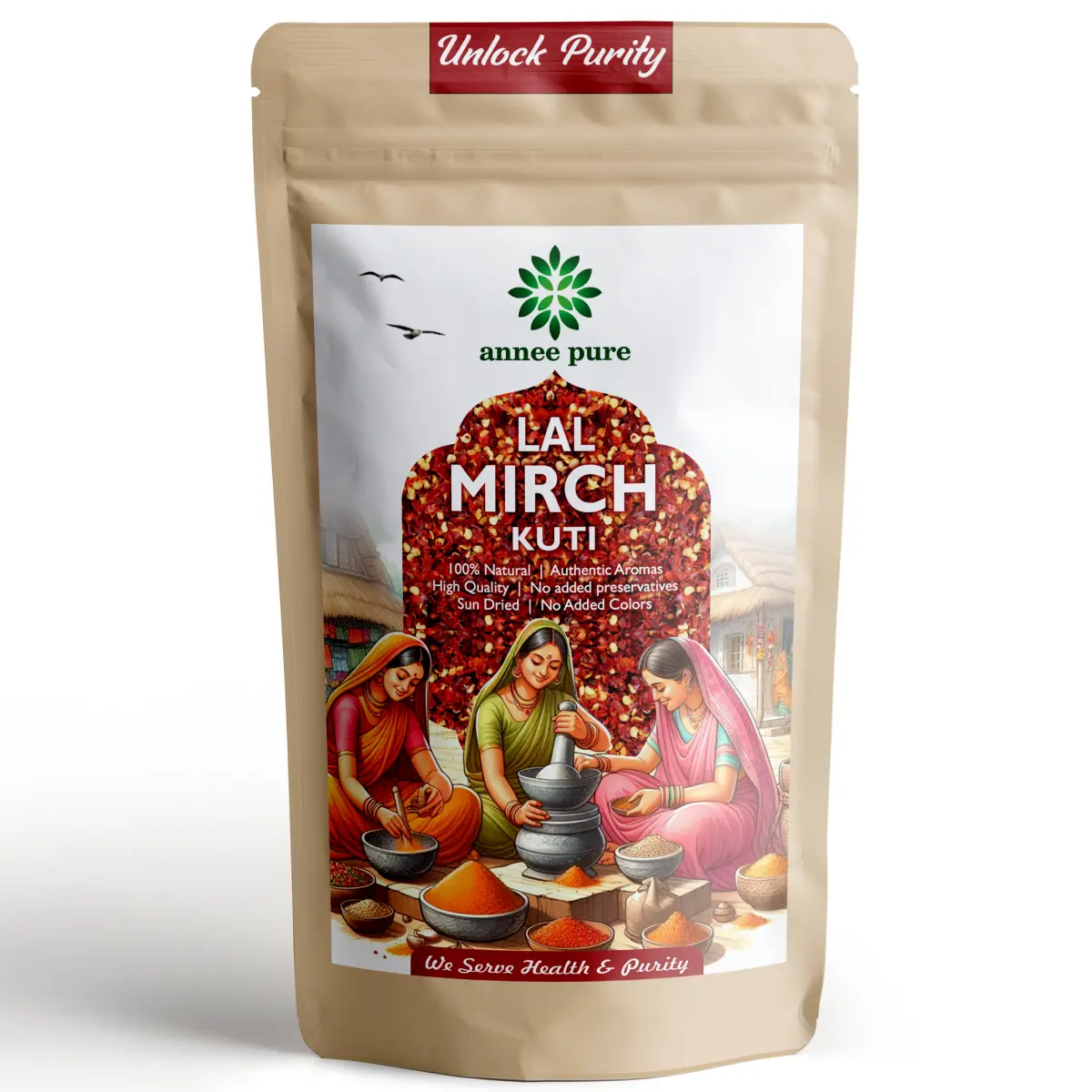
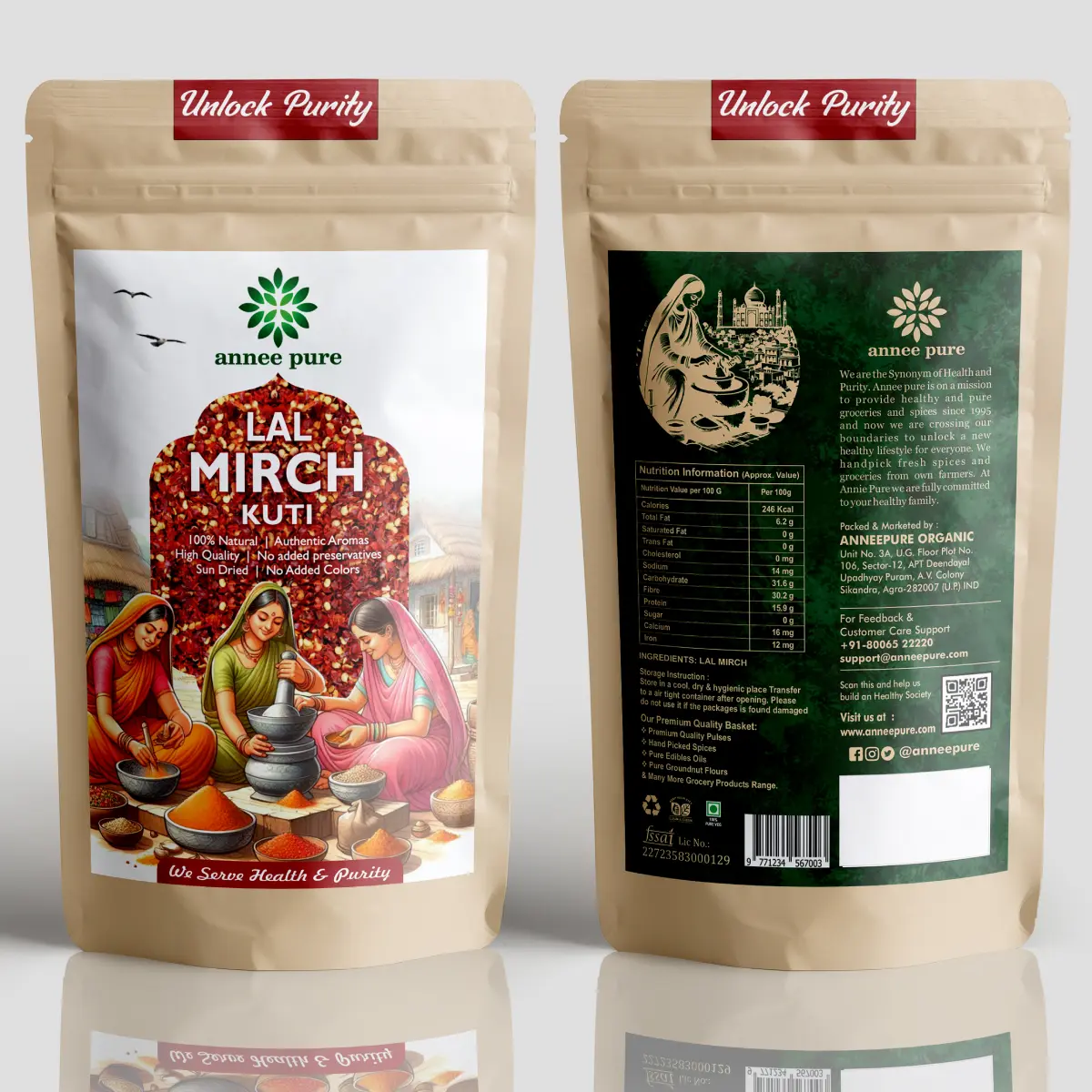
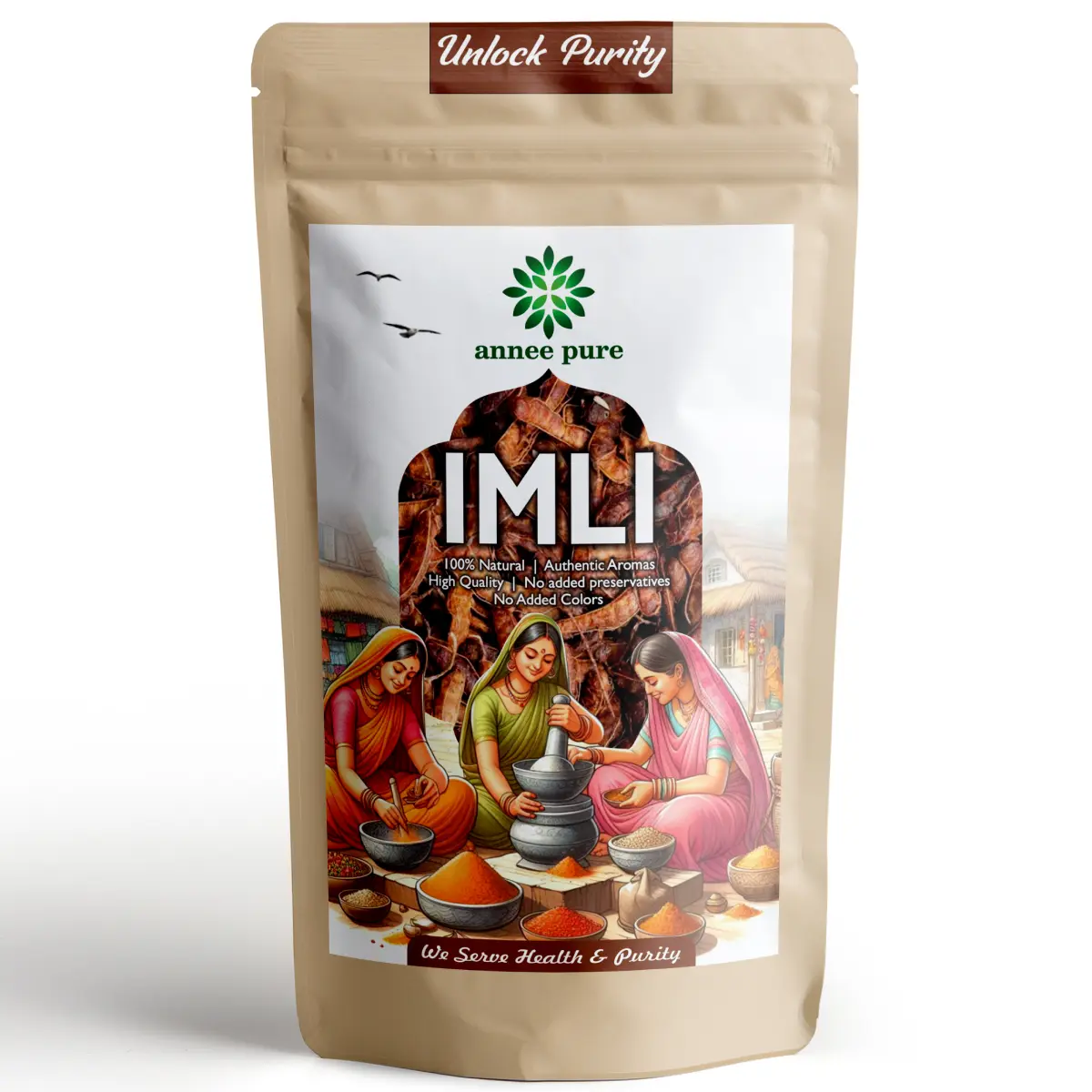

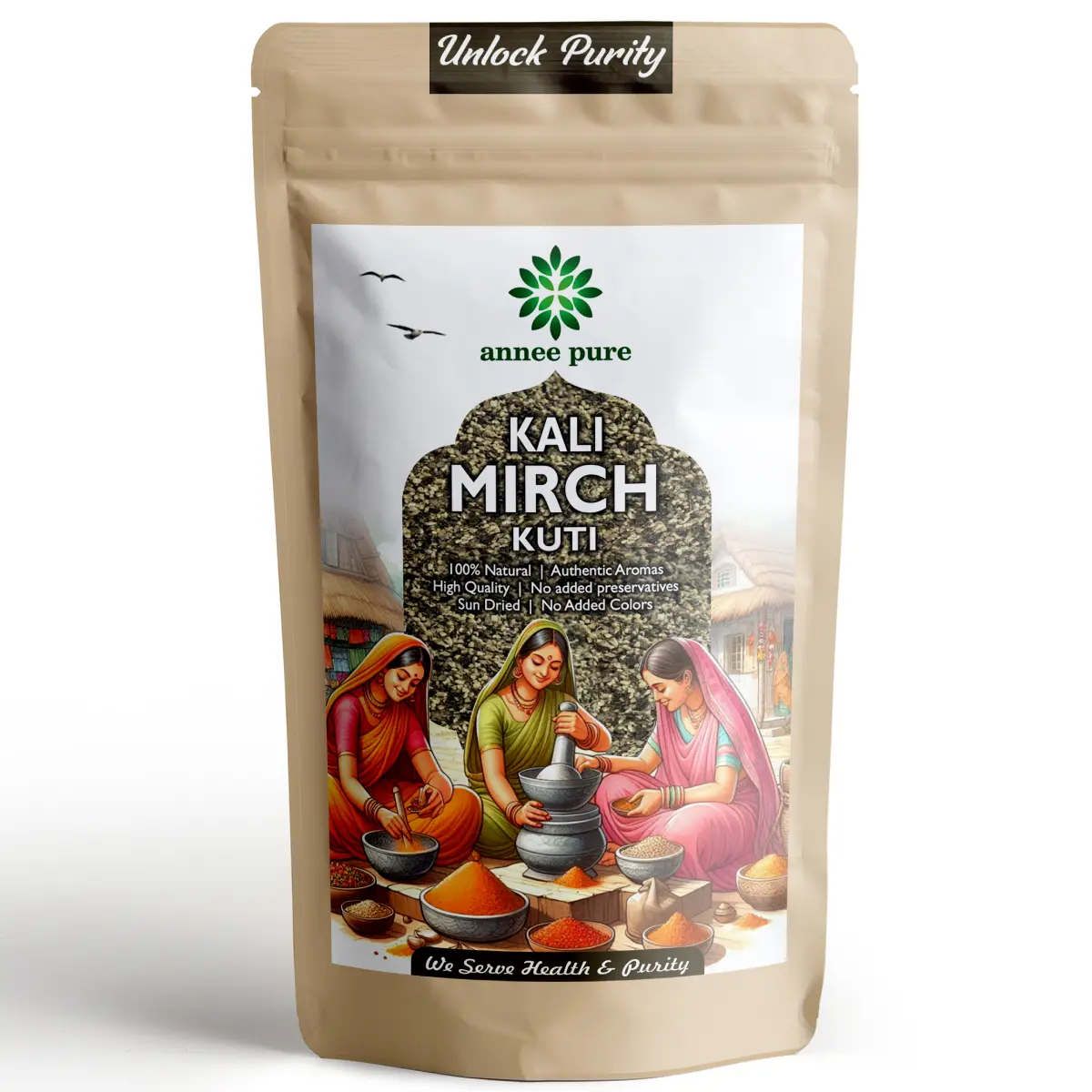
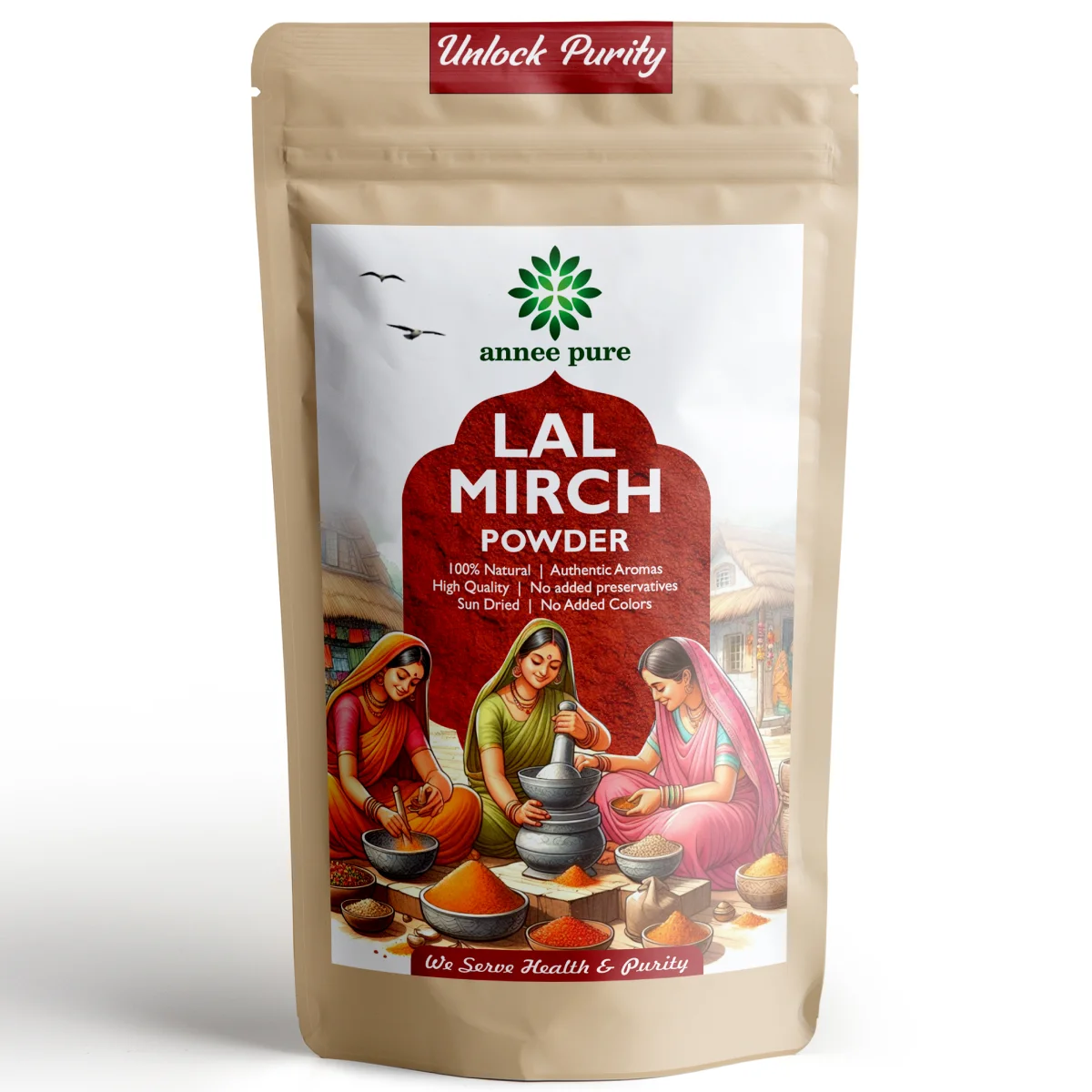
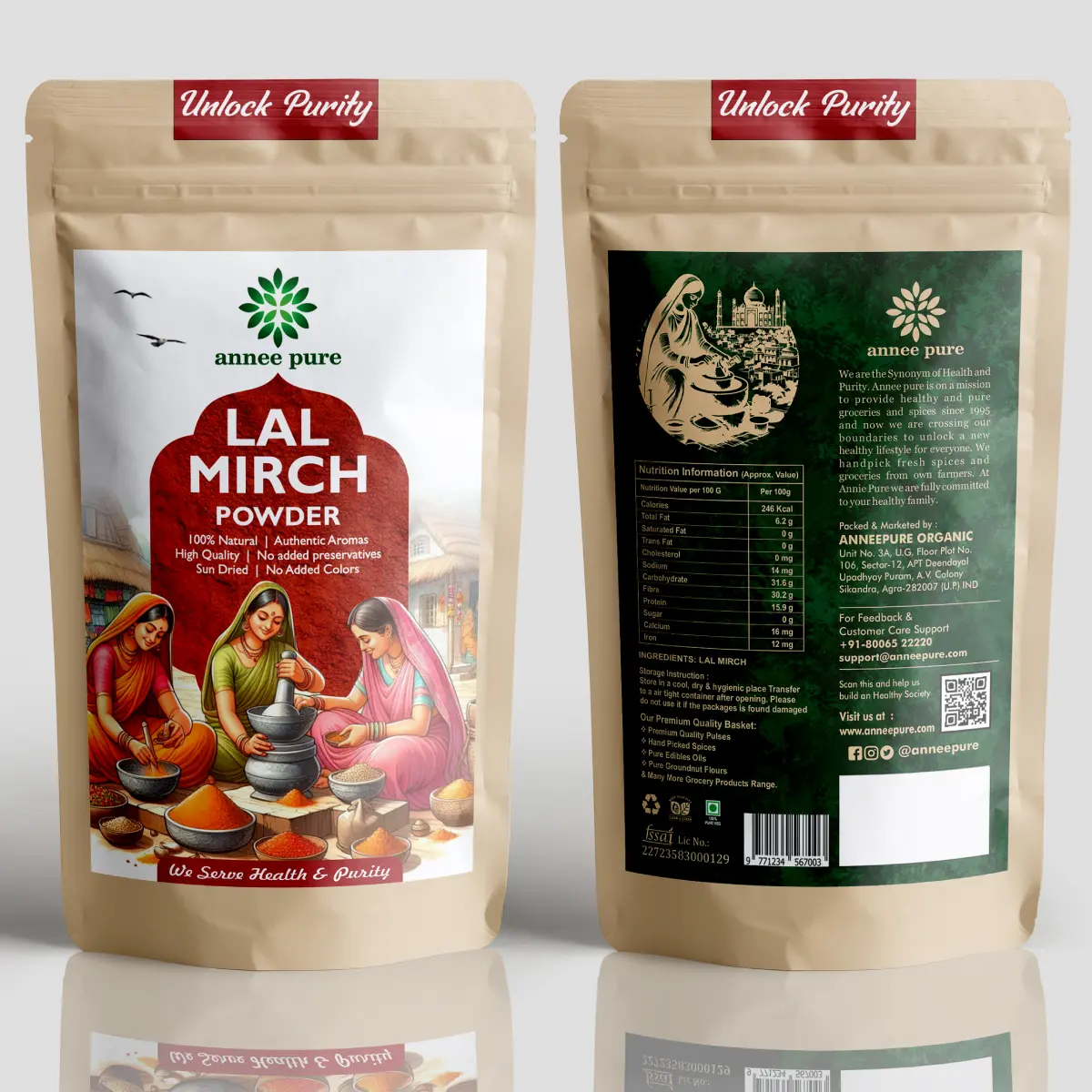
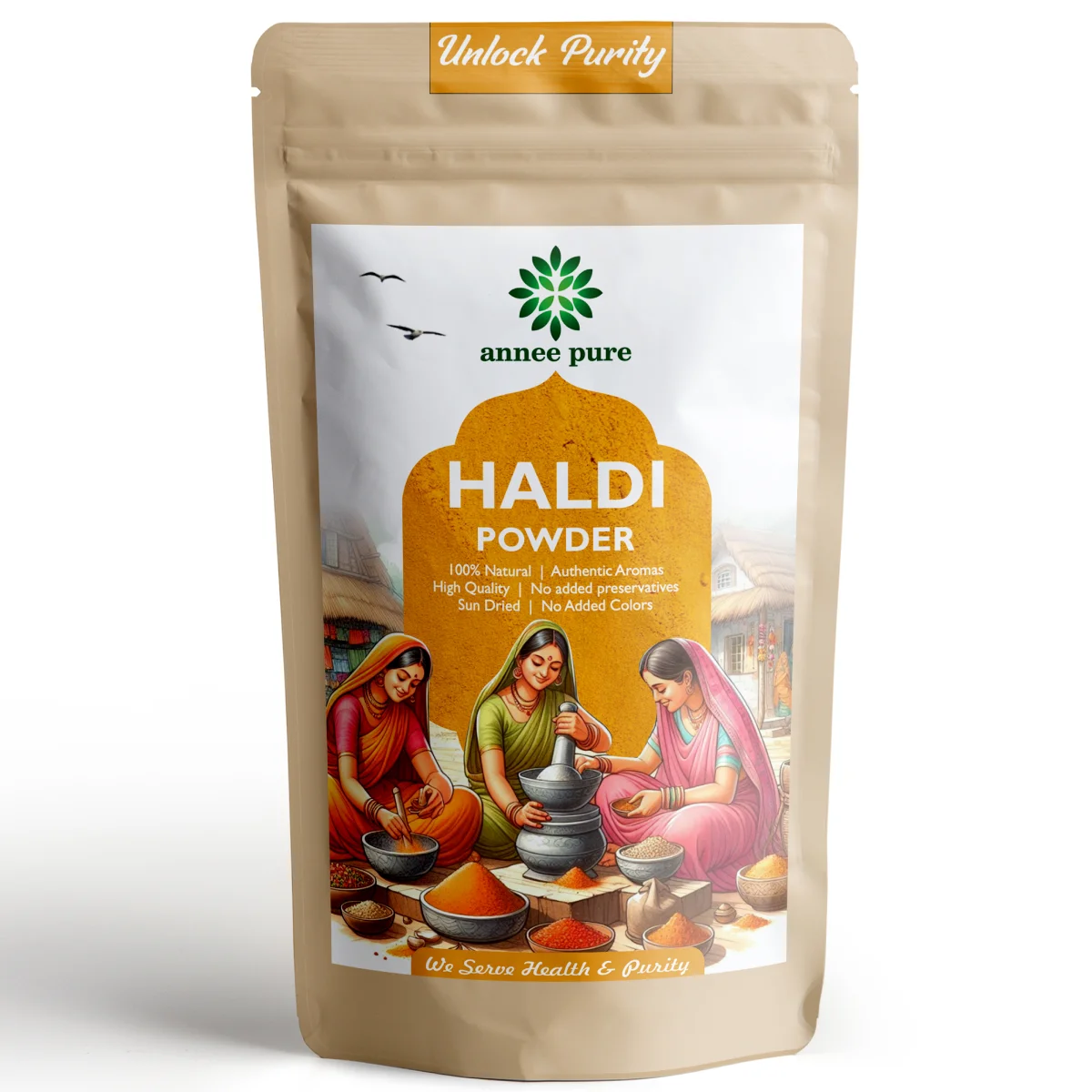
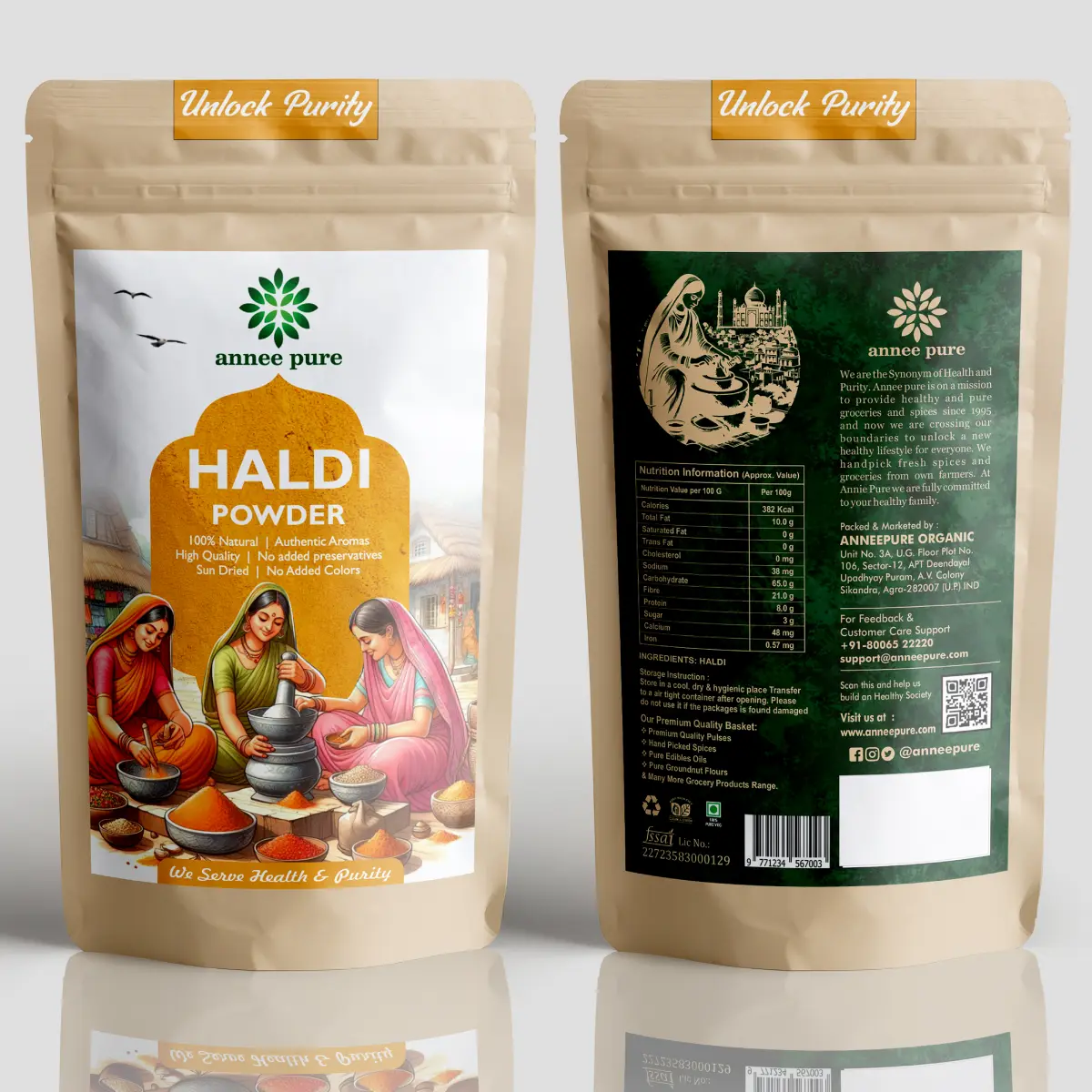

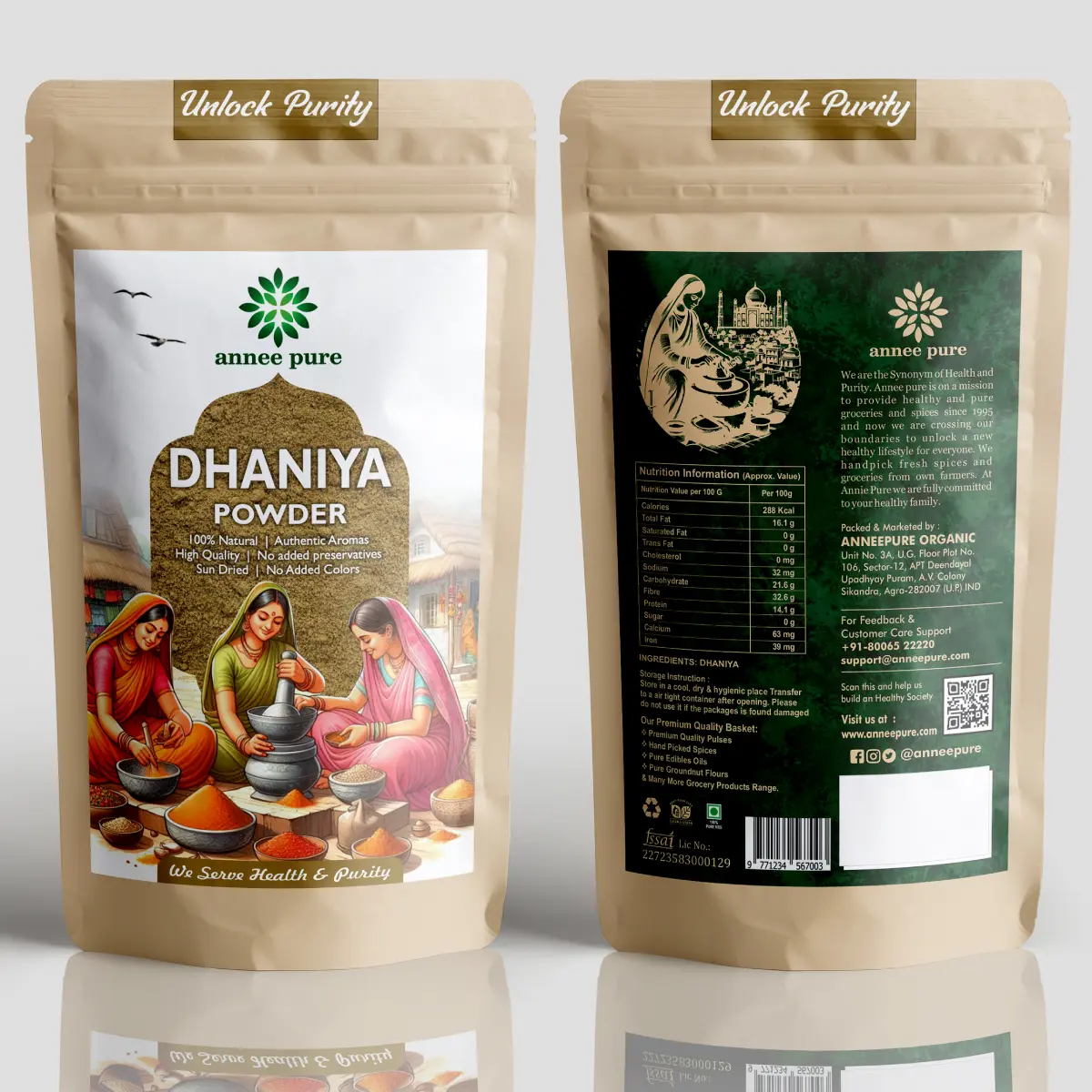
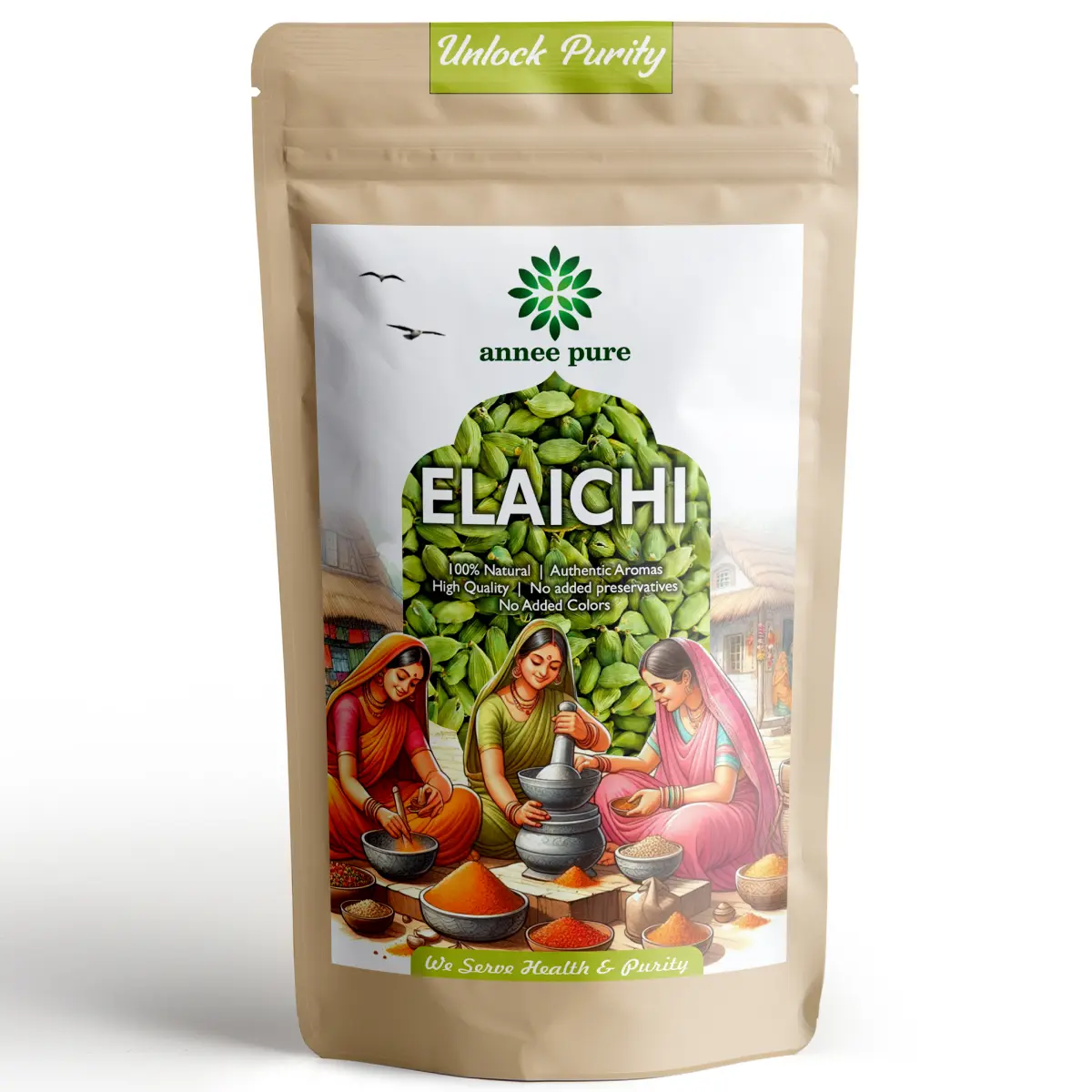
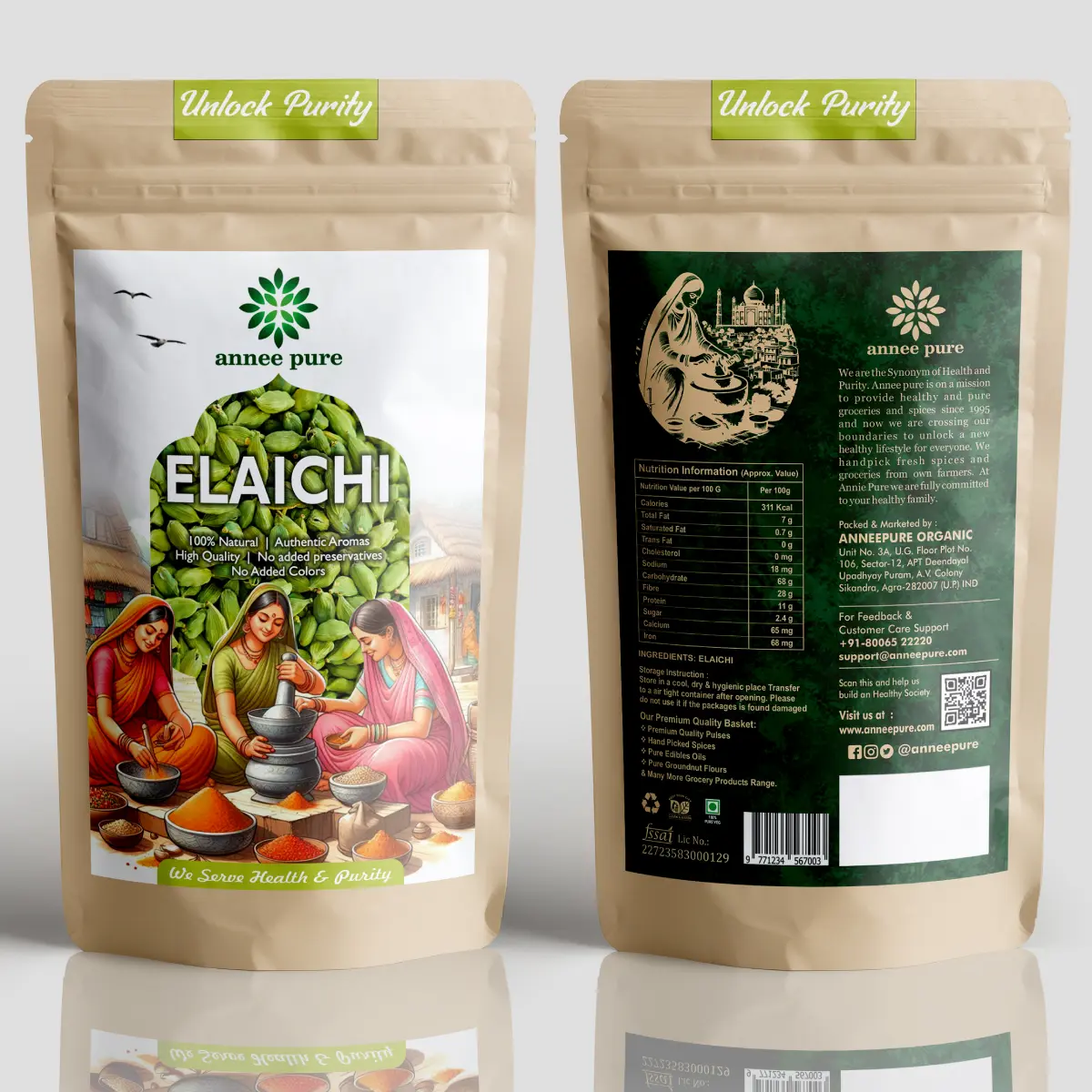
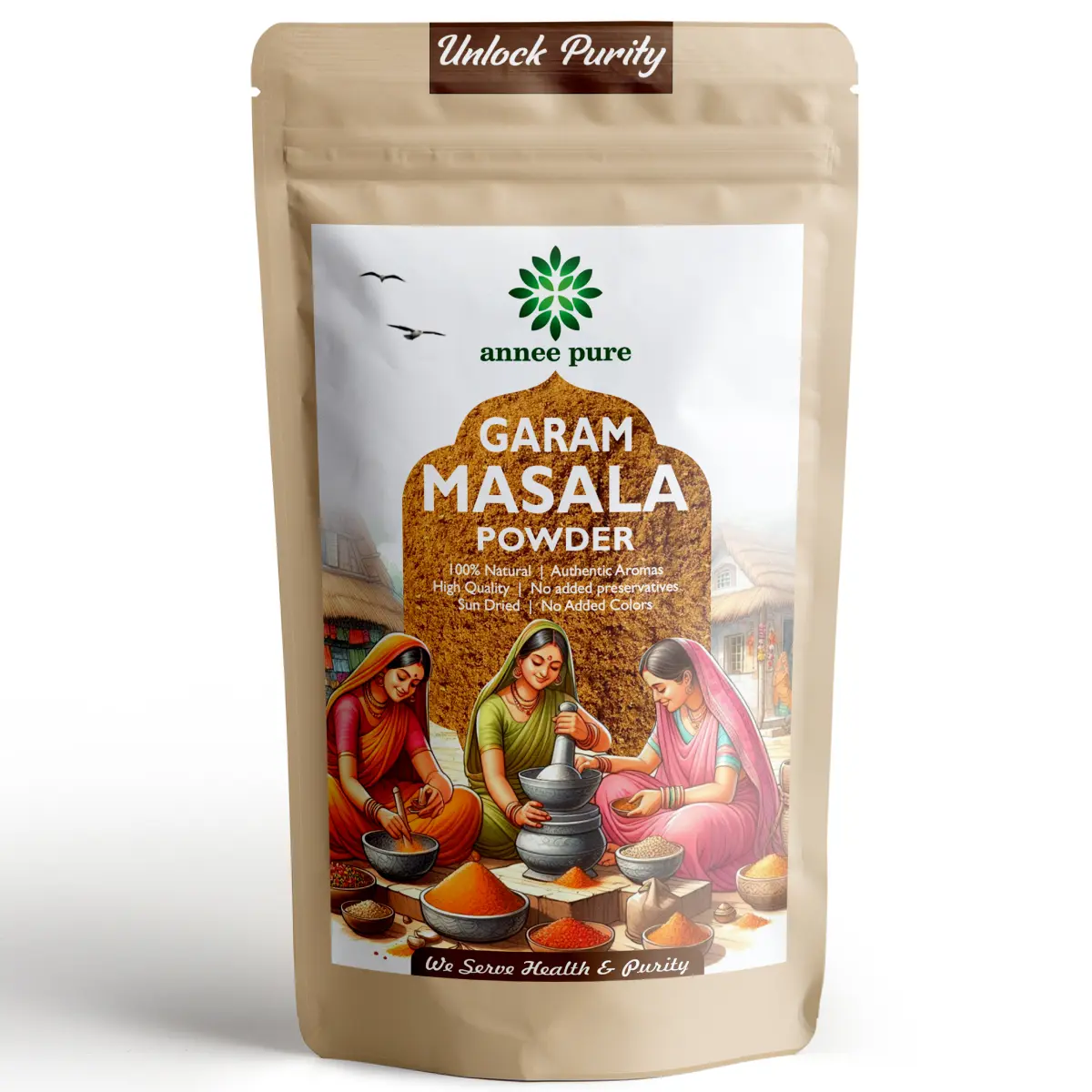
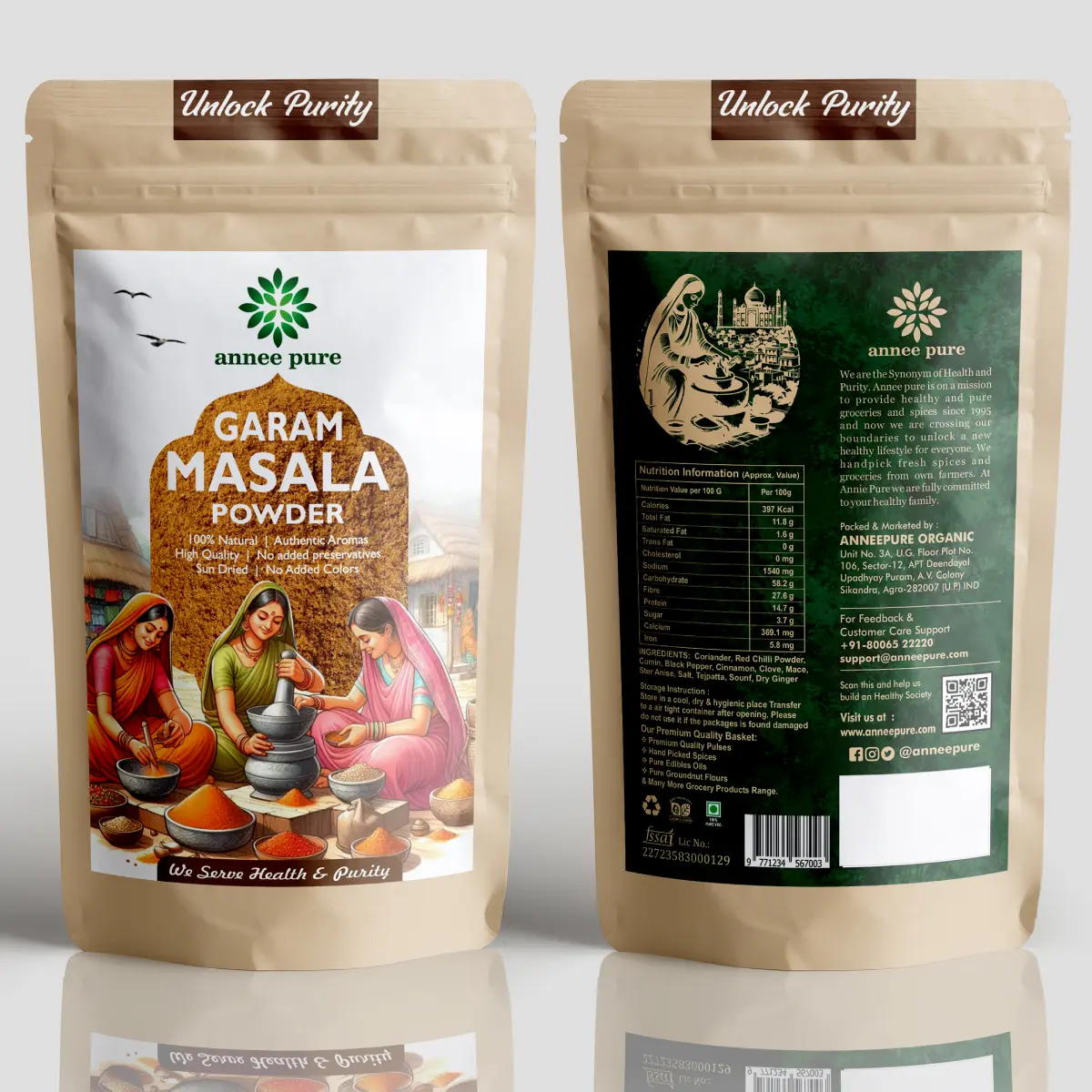

Reviews
There are no reviews yet.